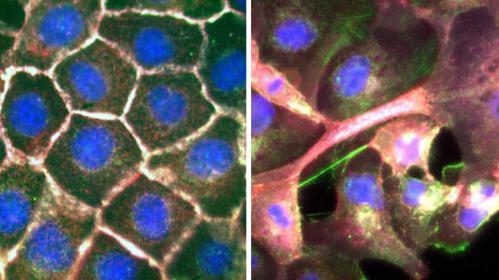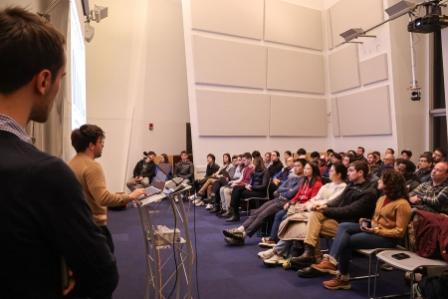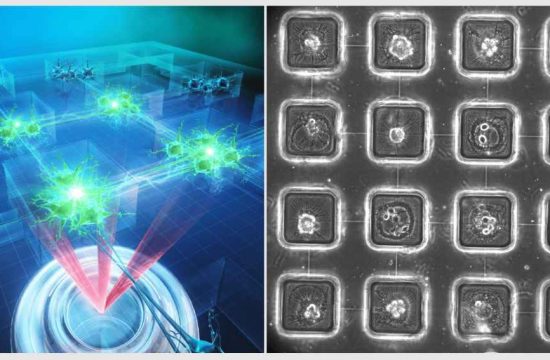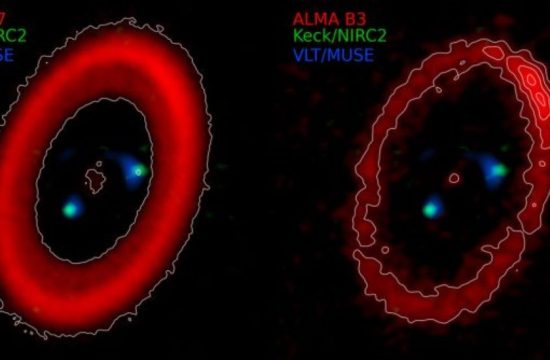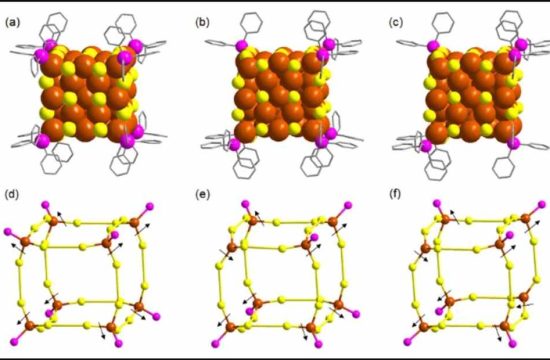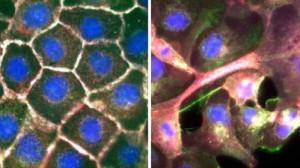
Cancer Research UK scientists have taken microscopic images revealing that the protein ties tethering cells together are severed in lung cancer cells – meaning they can break loose and spread, according to research published in Cell Reports.
The researchers at the Cancer Research UK Manchester Institute discovered that the ties which lash cells together – controlled by a protein called TIAM1 – are chopped up when cell maintenance work goes wrong.
Healthy cells routinely scrap old cell parts so they can be broken down and used again. But this process spirals out of control in lung cancer cells, which scrap too many TIAM1 ties. (This happens because there is too much of a protein, called HUWE1, which is in charge of scrapping TIAM1).
Targeting this recycling process could stop lung cancer from spreading by keeping the cells stuck firmly together.
Lead researcher, Dr Angeliki Malliri, at the Cancer Research UK Manchester Institute at the University of Manchester, said: “This important research shows for the first time how lung cancer cells sever ties with their neighbours and start to spread around the body, by hijacking the cells’ recycling process and sending it into overdrive. Targeting this flaw could help stop lung cancer from spreading.”
There are almost 43,500 new cases of lung cancer in the UK each year. It is the most common cause of cancer deaths and kills more than 35,000 people in the UK each year.
Nell Barrie, Cancer Research UK’s senior science information manager, said: “Lung cancer causes more than one in five of all cancer deaths in the UK and it’s vital that we find effective new treatments to fight the disease and save more lives.
“Early-stage research like this is essential to find treatments which could one day block cancer spread – which would be a game changer. It’s also crucial that we find ways to diagnose the disease earlier, when treatment is more likely to be successful and the cancer is less likely to have spread.”
The University of Manchester, including the Cancer Research UK Manchester Institute, joined forces with Cancer Research UK and The Christie NHS Foundation Trust to form the Manchester Cancer Research Centre, allowing doctors and scientists to work closely together to turn scientific advances into patient benefits sooner.
Source: Cancer Research UK


